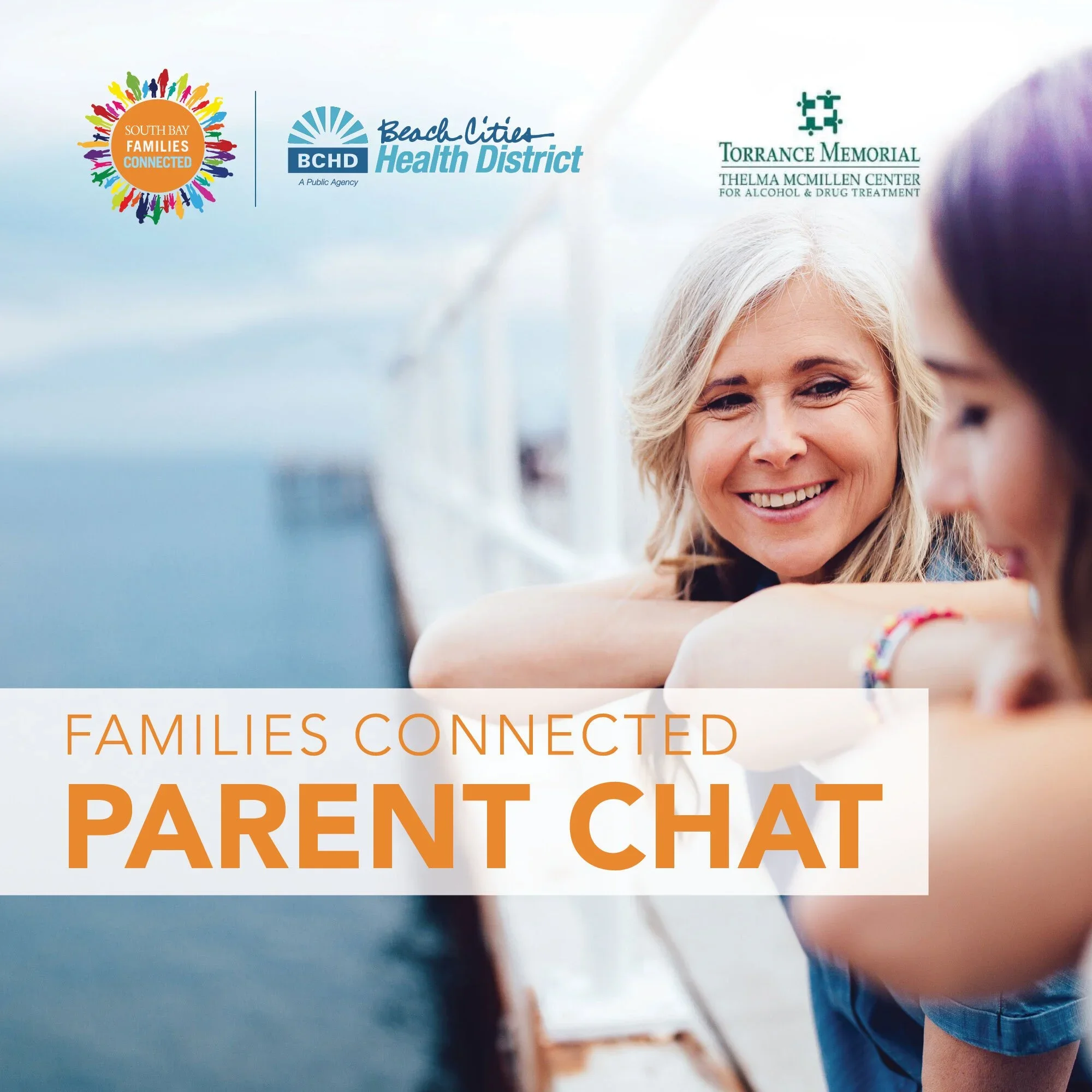Katie Hurley's Healthy Relationships Talk: A Parent's Key Takeaways
/In this blog, South Bay parent and SBFC Blogger, Katie Frankle, shares her Key take aways from the Families Connected Speaker series event featuring Katie Hurley’.
While driving to speak at the Families Connected Speaker Series event, titled “How to Be a Good Friend”, Katie Hurley was side-swiped by an unfriendly driver, but no one in the audience would have known it. Even though the driver did not stop, Hurley, psychologist and author of “No More Mean Girls”, "The Happy Kid Handbook" and "The Depression Workbook for Teens" showed no signs of agitation as she rolled through some powerful stats on the state of teen life.
According to a 2018 Pew Research Study:
59 percent of U.S. Teens have been bullied or harassed online.
42 percent have been called an offensive name.
25 percent have received explicit messages.
21 percent have felt stalked.
16 percent actually received a threat.
7 percent received explicit images.
Unfortunately, life is not much better in the physical world. StpBullying.gov reports that:
70 percent of Kids aged 12-18 (and staff who work with Teens) have witnessed bullying.
30 percent admit bullying others and 20 percent have experienced it first-hand.
Hurley hit home a key point that could be a contributing factor — lack of empathy. College students are 40 percent less empathetic than their counterparts, 20 or even 30 years ago.
So when our parents yelled, “you think the entire world revolves around you,” we were in the minor leagues of self-centeredness compared to today. If we were excluded from a friend’s weekend party or sleepover, chances are we did not learn about it until school on Monday.
Today, teens watch in real-time as photos and videos scroll by on social media from the party they’re not attending. They’re added to group chats with the in-crowd only to witness the trash talk texts about them, then are dropped from the chat. Their online identity is imitated and hijacked with ridiculing posts.
Most likely everyone growing up either sustained or inflicted relational aggression, a type of aggression in which harm is caused by damaging someone’s relationships or social status*. Hurley called out this behavior as one of the effects of not emphasizing empathy. A few of her examples include:
Stealing or hiding property
Exclusion
Public humiliation
Cyberbullying (text, social media, email)
While many schools have made great strides in discussing and punishing students for bullying and bystander behavior, empathy and kindness begin in the home.
“Want to know the three most important ways kids learn from their parents?” Hurley asked. “Example, example, example.”
I was in the car once with a friend of mine and his kids as we drove by a guy twirling a sign for a living to encourage traffic to stop at a store. “What a douchebag,” he said. “Ya,” his kids laughed, “total douchebag.”
Just like my friend, I’ve said mean things, too in front of my kids and my rude or mean comment often comes back to me through their mouths.
Hurley encouraged parents to step back and think about how to promote a “We Before Me” Culture. “Bring back kindness. Small acts of kindness build kindness muscles, “ she added. “Kindness should be deliberate and not random. Model kindness and talk about how to handle conflict with friends. Encourage relationships with grandparents, aunts and uncles and faraway friends. Pick up the phone, write letters, thank you cards and make homemade gifts.”
So the next time we’re rushing to a doctor’s appointment and we miss the light because someone started into the crosswalk, we have an opportunity to go from pissed to patient. Pedestrians always have the right of way (crosswalk or not) even if it means that we’re going to be late- slow down, let them walk, let them live.
When we’re on the 405 and someone puts their blinker on to get in our lane, let’s remember that this is not a sign of weakness but good use of communication tools and let them merge.
If our coffee order takes too long at Starbucks and we’re in full need-for-caffeine meltdown mode, breathe and practice compassion for the barista.
If we model kindness, caring and empathy then our kids and Teens will, too. Just don’t mess with my coffee.
By, Katie Frankle
*Wikipedia




